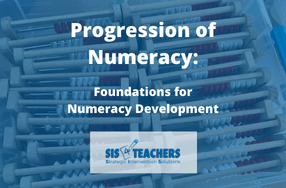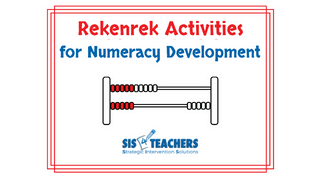Students often have trouble seeing their school lessons as relevant to real life. Not only can this impact their motivation, it can make the information more difficult to comprehend and retain. For many students, it’s easier to understand a problem if it’s put into real-life situations.
 Image via Pixabay
Image via Pixabay
Real estate is a complex field that requires skills in math, science, English, social studies and home economics. By incorporating real estate-based lessons into your curriculum, you can help students gain valuable skills in practical math application, presentation giving, forming a persuasive argument, earth science and so much more! Here are some awesome resources to give your class a unique, real estate-based lesson plan in math.
Math-Based Lessons
- Real Estate Tycoon is a lesson by the National Council of Teachers of Mathematics where students design their own home, then simulate the processes of building and selling it. They’ll use graph paper to create drawings to scale, plus solve equations using fractions and decimals. Once they’ve “sold” their home, students will simulate investing their profits into the stock market. Recommended grades: 6-8
- This fun lesson has students work with mean, median and range to compare becoming a real estate agent with a customer sales representative. They’ll then have to use their understanding of the information to decide which position would lead to a more fiscally beneficial career path. Recommended grades: 6-8
- Need a unique real-world application for geometry? Put it in terms of decorating a new home: if sellers need to replace the carpet in a room that’s 12 feet by 9 feet, how much will they need to buy? How much paint for the walls? How big of a couch will fit in the living room? Is there room in the backyard to install a pool? What about a privacy fence? Recommended grades: 4-6
- By planning and designing their own playground, students will learn to find a maximum area within a given parameter. They’ll come up with their own designs using different variables and present their plans to a committee for approval. Recommended grades: 6-8
- Teach your class the math of house buying by demonstrating how to figure out how home mortgages work. They’ll work with different interest rates and time variables, as well as look at progress made on overall payment after a certain amount of time. Recommended grades: 9-12



